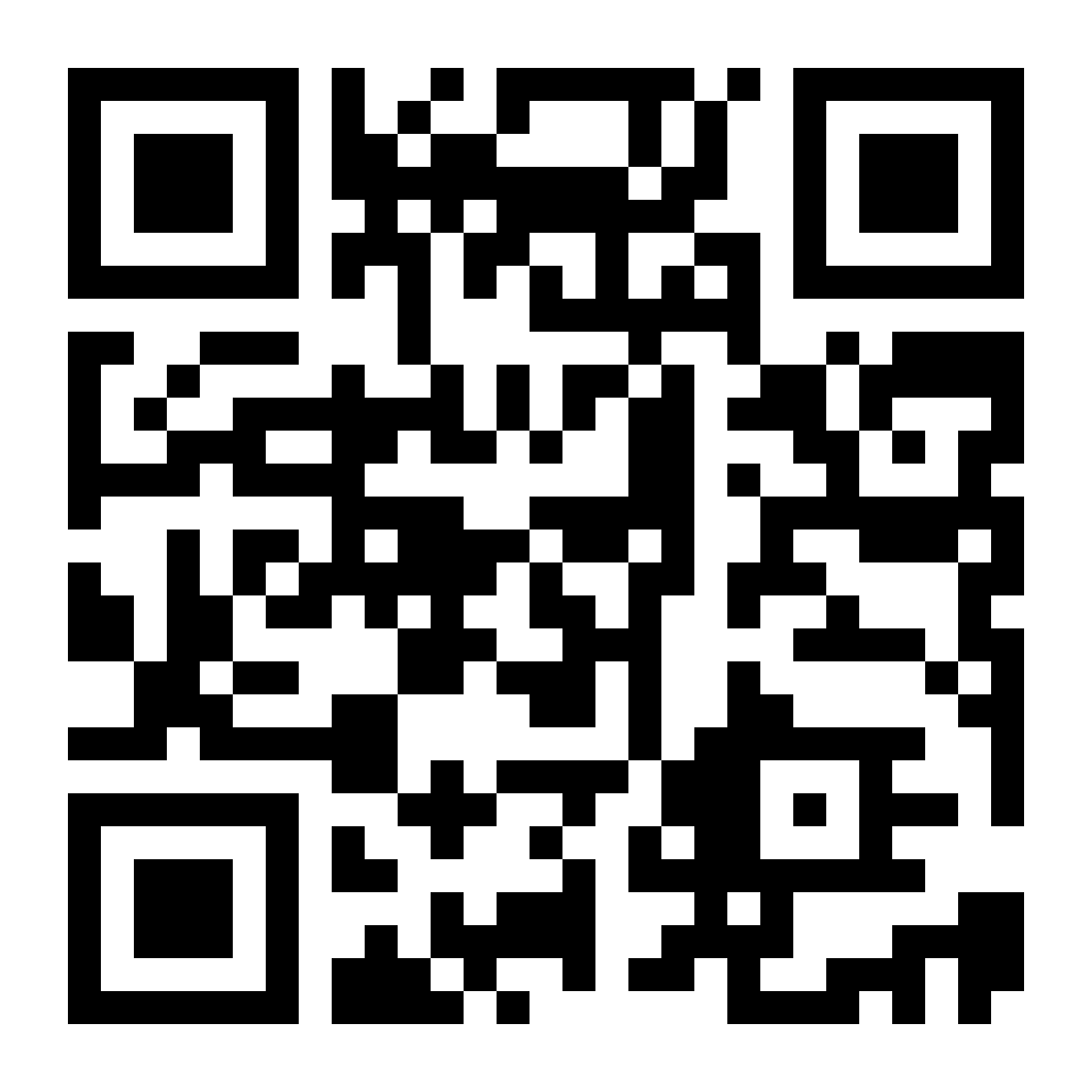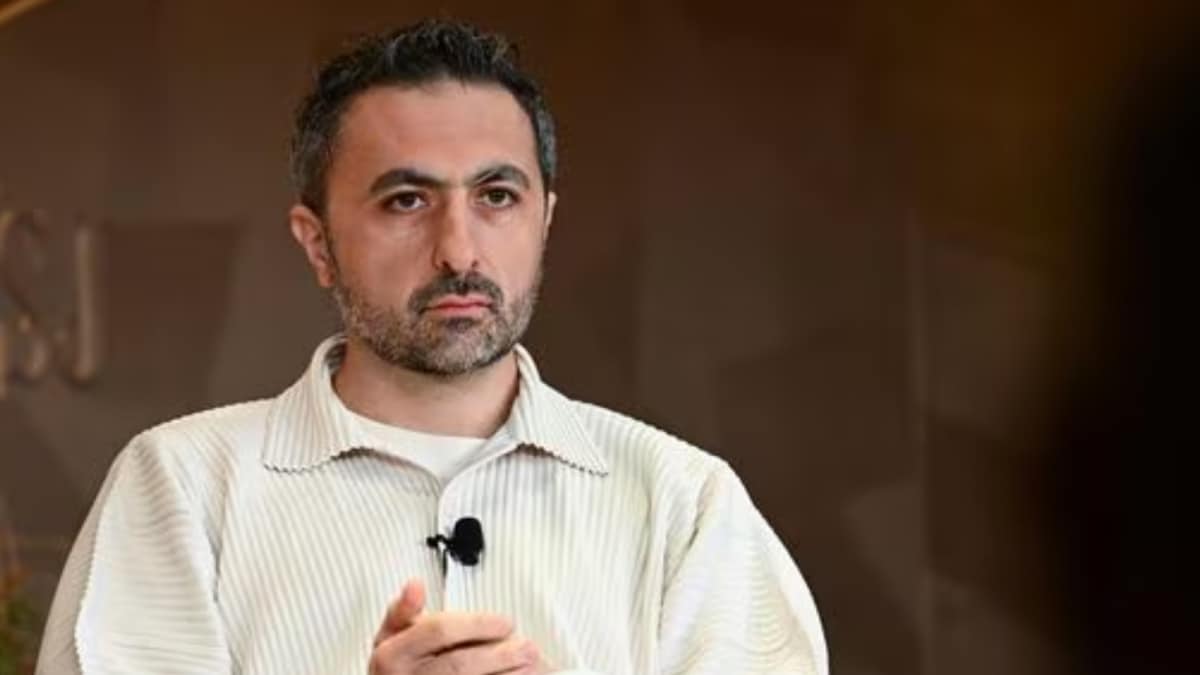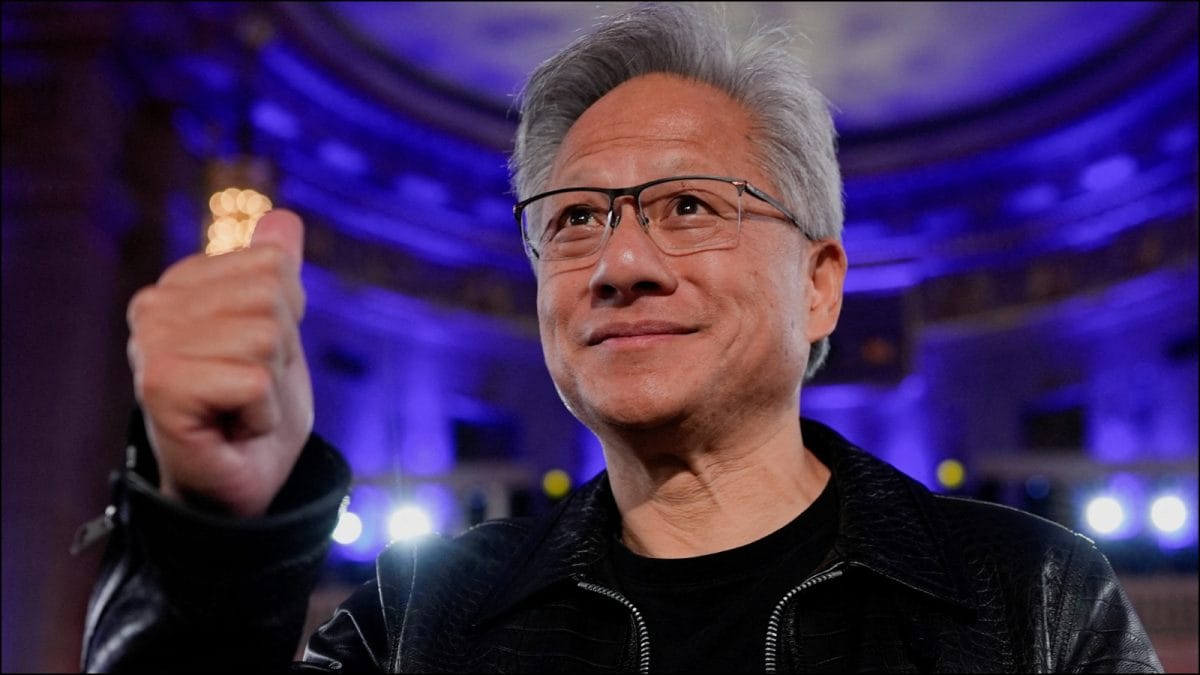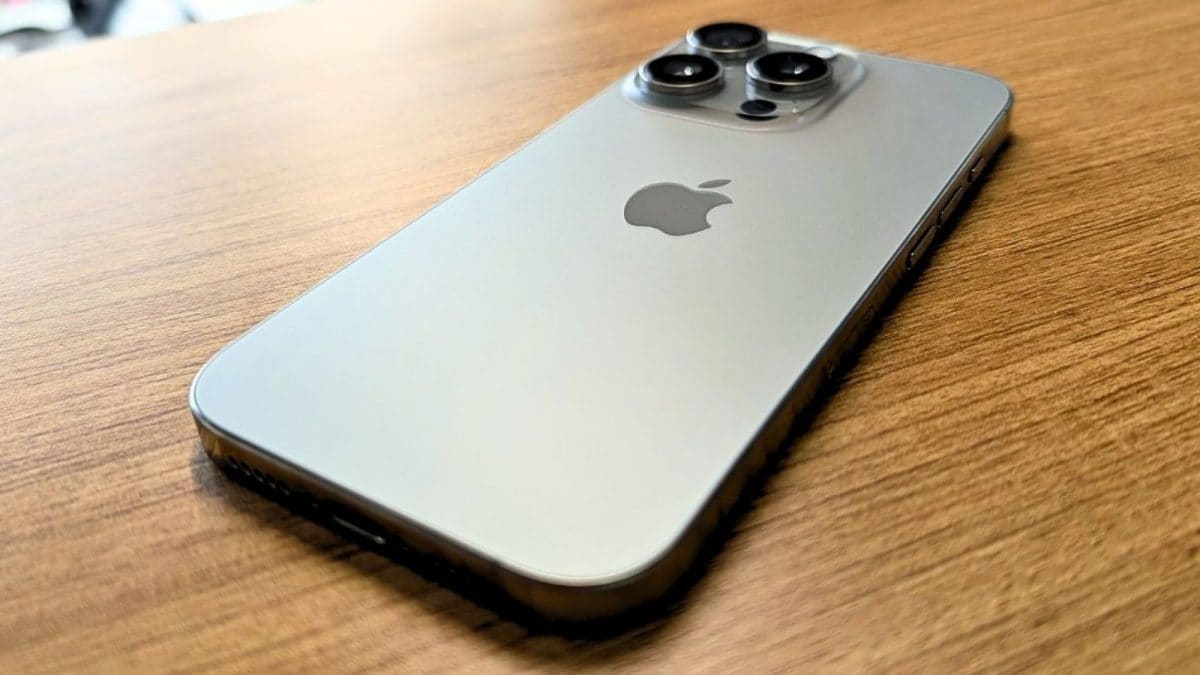Last Updated:
Over 70% of university students who relied heavily on their smartphones show clear signs of digital amnesia- struggling to recall basic information without checking their devices

If you no longer remember your own facts but rely on search, your sense of mastery may shift to “knowing how to look it up” rather than “knowing it.” (Image: Getty)
When was the last time you remembered something without reaching for your phone? Perhaps you tried to recite your best friend’s mobile number, only to dive into contacts instead. Or you sat down to recall the route to the café you’ve visited weekly then launched Google Maps anyway. These everyday memory drops feel small, but they point to something larger, a growing habit of outsourcing our minds.
A 2025 study found that over 70% of university students who relied heavily on their smartphones showed clear signs of digital amnesia meaning they struggled to recall basic information without checking their devices. The researchers noted that this dependence was statistically very strong, showing that the more time students spent on their phones, the more their natural memory declined.
Are We Outsourcing Our Brains to Search Engines and AI?
In most households, having an answer at your fingertips has become the default. Need a recipe? Look it up. Forgotten a phone number? Google it. GPS keeps your directions, Siri handles reminders, autofill completes forms before you type. In this new reality, our mental muscles of memory and recall are being quietly bypassed.
According to a 2025 survey of 319 knowledge workers, higher confidence in generative AI corresponded with lower self-reported critical thinking effort. If you trust the machine, you no longer ask hard questions. You rely on it to finish your thoughts, leaving the reflection and recall to it.
A systematic review published the same year found that heavy dependence on search engines, cloud storage and AI assistants is shifting memory from internal recall to external storage which the authors warn may reduce long-term retention and deep processing. The more information is available than ever, yet some of our mental functions are quietly eroding.
What Happens When Memory Becomes Optional?
Expertise isn’t simply a catalogue of facts you list off. It’s the ability to work with knowledge: to retrieve it, to connect it, to apply it when context changes. When large chunks of knowledge reside in the cloud and devices do the remembering for us, what remains of the “expert”?
For example, many doctors now rely on AI for differential diagnosis support; many writers lean on search prompts before drafting; many professionals consult autofill or smart assistants before recalling data they once knew. The 2023 experimental study on memory retention and knowledge construction found people who used digital tools performed worse on memory tests than those who employed traditional memory strategies.
Does This Shift In Memory Reshape Who We Are?
Memory is fundamental to identity. Personal history, professional competence, confidence they all rest on what you know, remember, and can bring forward. When we start placing memory in devices instead of our minds, we risk altering that self-narrative.
Consider trends among younger generations, heavy smartphone users show reduced recall in some recent studies, and attention spans shrink as apps, notifications and multitasking dominate. If you no longer remember your own facts but rely on search, your sense of mastery may shift to “knowing how to look it up” rather than “knowing it.” As cognitive psychologists put it, the risk of outsourcing extends beyond forgetfulness, it touches autonomy of thought.
Is Convenience To Search Making Humans Becoming Dumber?
There are several interconnected risks:
- When answers are immediate, less effort goes into encoding them deeply.
- If you often retrieve memory, the pathways lose strength.
- Without internal scaffolding of knowledge, applying it flexibly becomes harder.
- “What I know” shifts from internal to external, changing self-perception.
- If your brain becomes a client of your device, what happens when the device fails?
Researchers increasingly worry that what was once external memory—writing, notes has morphed into external cognition. The difference now is deeper, devices don’t simply store; they compute, suggest and respond. The result: we are changing how we think, not just what we think.
How To Avoid ‘Digital Amnesia’?
The smarter path lies in regaining mental autonomy while still embracing digital convenience. It begins with small shifts in how we interact with our devices. Try delaying the search before asking an AI assistant or typing into Google, pause and attempt to recall the answer yourself. Make memory your first instinct and searching a backup plan.
Challenge autofill by resisting the urge to let technology complete every detail for you; type in familiar information first, even if it takes a few extra seconds.
Practise retrieval through flashcards, mind maps, or quick self-tests the effort of remembering is what keeps the brain agile. Take mindful tech breaks by silencing your device and allowing moments of boredom, as this idle time strengthens memory consolidation.
Reflect on your habits by asking, “Did I look this up because I genuinely forgot, or because I didn’t try to remember?”
Finally, anchor your identity in knowledge, regularly summarise what you’ve learned, why it matters, and how it connects to your sense of self. Together, these habits help prioritise internal memory over external aid, rebuilding cognitive resilience even as technology continues to evolve around us.
November 13, 2025, 10:00 IST
Stay Ahead, Read Faster
Scan the QR code to download the News18 app and enjoy a seamless news experience anytime, anywhere.







